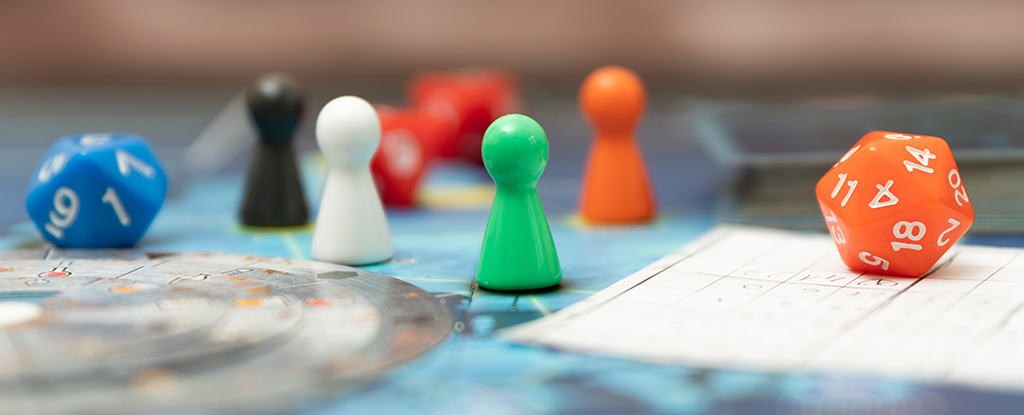Anecdotal evidence suggests those with autism tend to enjoy board games more than most, and now two new studies identify some reasons why this might be the case.
The team behind the research, from the University of Plymouth and Edge Hill University in the UK, conducted five separate analyses to examine how popular board games are in people with autism spectrum disorder ( ASD), and the kind of experience they offer.
Board game enthusiasts are more prevalent in those with ASD, they found: in a survey of 1,603 players, 7 percent were autistic, though autistic people account for approximately 1 percent of the population as a whole.
In further interviews with people with ASD, the researchers found that these games help relieve social anxiety, which is experienced at higher rates in those who have autism than in the general population. There’s a rigid structure to proceedings, with less need to make small talk.
“We know that board games are a safe and valuable hobby to many people with autism,” says psychologist Gray Atherton, from the University of Plymouth. “What this research established was why that’s the case, and we really want to use the findings to conduct future work.”
The games played included Codenames (a team-based game involving words and clue-giving), Dixit (a clue-giving game involving pictures), and social deception games such as One Night Ultimate Werewolf and Spyfall (where the idea is to try and conceal your identity from the other players).
The rules and structure involved are “both stimulating and comforting” for players, the authors report, based on interviews with hobbyist board gamers with an autism diagnosis. The researchers suggest it’s more evidence of how autistic people immerse themselves in interests that provide a sense of achievement and predictability.
“Board games may represent an area of both challenge and strength for autistic individuals,” the authors write in one published paper.
The researchers also looked at small groups of autistic people as they played board games over single sessions or years of play, discovering benefits in terms of building independence and confidence among the players, as well as helping to forge social relationships – something that can be difficult for those with ASD.
“Everyone with autism is unique, and we want to ensure any interventions could be adapted as needed for those who might benefit,” says Atherton.
In future, the researchers would like to investigate in more detail the boost in wellbeing that board games can provide for those with autism: they’re structured and predictable, and help strengthen social bonds through well-defined frameworks.
“We’re also using our research to support adapting existing games for people with autism to make their gameplay even more accessible and enjoyable,” says first author, psychologist Liam Cross from the University of Plymouth.
“It’s a popular hobby, and we’re pleased to have been able to shed more light on its importance for so many people.”
The research has been published in the American Journal of Play and the Journal of Autism and Developmental Disorders.





